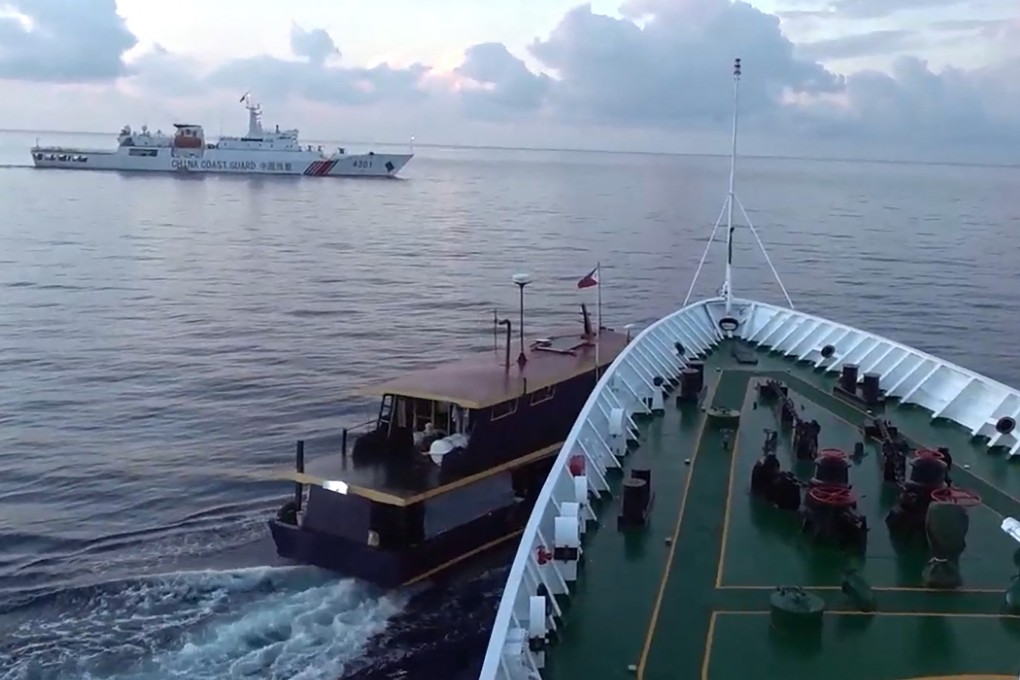My Take | If China hopes to grow its regional influence, it must stop blaming and start listening
- Beijing has refused to accept that its attempts to project power are creating the sources of its own predicament
- As China’s ascendancy wavers and its economy sputters, pressure tactics on its neighbours will only push them further away, regional leaders say

Persistent tensions have escalated again in the South China Sea following recent collisions between a Chinese Coast Guard ship and a Philippine vessel, and near mid-air encounters between Chinese and American warplanes.
But recent tensions between Beijing and Manila have also exposed another problem that has long plagued China’s relations with its regional neighbours. As China watches ties with the US and most of its Western allies nosedive, there has been a growing sense in Beijing – which tends to view the world through the lens of power politics and geopolitical fault lines– that it’s under siege.
Philippine President Ferdinand Marcos Jnr complained about the “misleading” narrative that frames the South China Sea dispute “solely through the lens of strategic competition between two powerful countries”.
“This not only denies us our independence and our agency, but it also disregards our own legitimate interests,” he said at a summit of the Association of Southeast Asian Nations (Asean) in Jakarta in September, without mentioning China.


